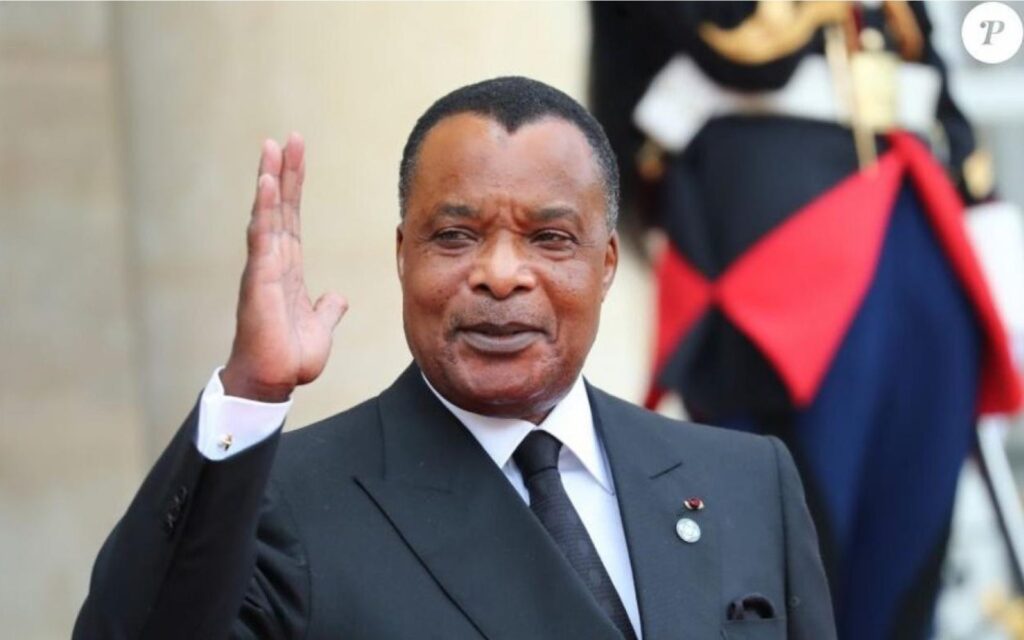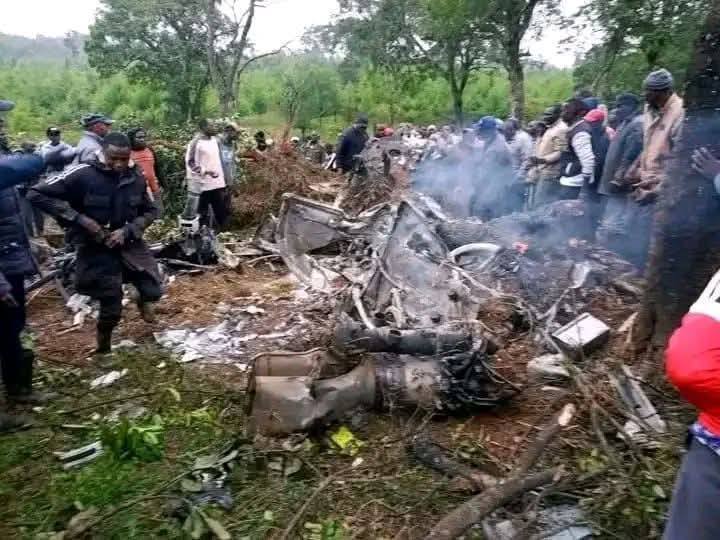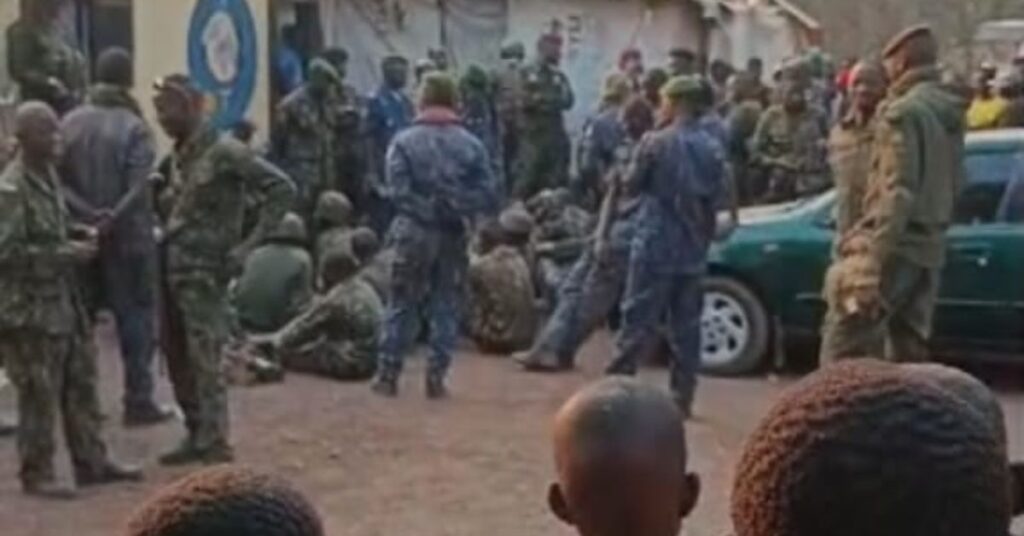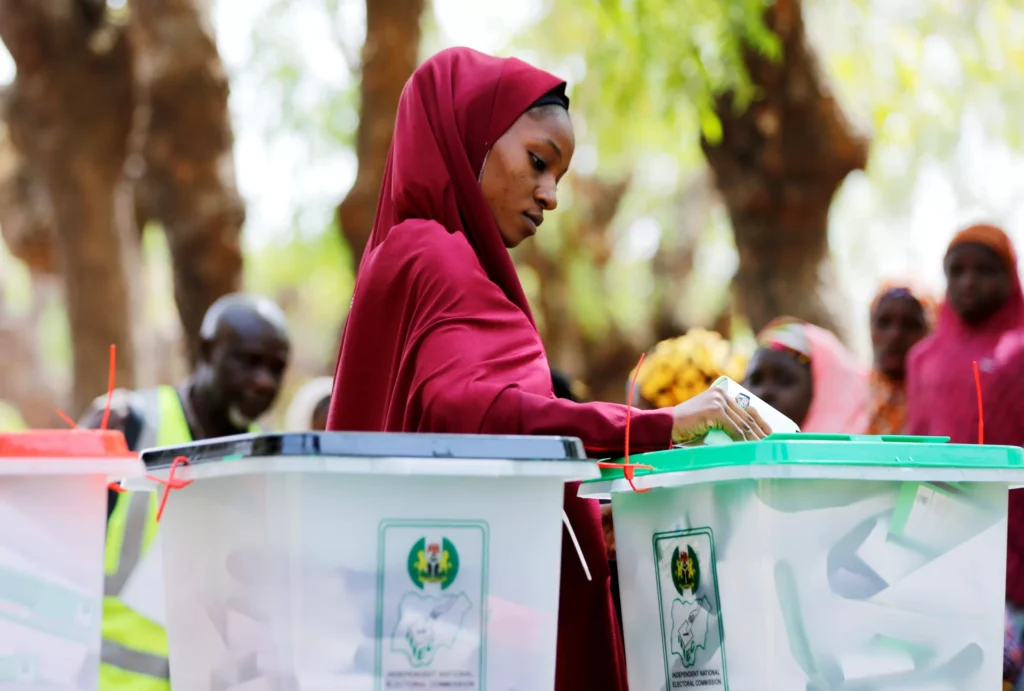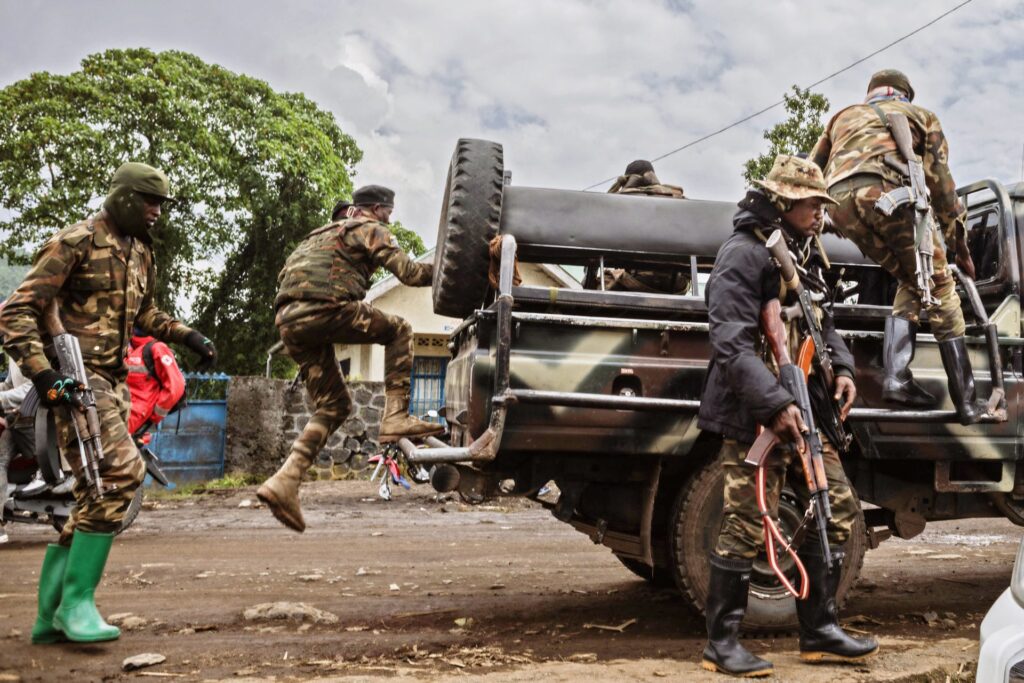
Rwanda on Monday dismissed as “unacceptable” United Nations accusations that its army aided M23 rebels in killing hundreds of civilians in eastern Congo.
The M23, which resumed hostilities in 2021, has seized swathes of mineral-rich territory from the Congolese army, deepening an already decades-long humanitarian crisis. In August, UN human rights chief Volker Turk said he was “appalled” that M23 fighters killed at least 319 civilians in July, despite a ceasefire.
The UN rights office, citing first-hand accounts, claimed the rebels were “backed by members of the Rwanda Defence Force” during the North Kivu assaults. Rwanda’s foreign ministry did not deny the killings but condemned what it called the “gratuitous inclusion” of its army in the allegations.
Such claims, Kigali warned, undermine the credibility of the United Nations and threaten ongoing diplomatic efforts to resolve the conflict peacefully. The dispute erupts weeks after the Congolese government and M23 signed a June 19 agreement in Doha reaffirming a permanent ceasefire pledge.
That deal committed both sides to avoid “hate propaganda” and any attempt to seize territory by force, following months of failed truces. It came after a separate Washington accord between Congo and Rwanda, whose involvement in eastern DRC dates back to the 1990s regional wars.
Eastern Congo, rich in gold, coltan, and other minerals, has endured over 30 years of war, foreign interference, and the rise of armed factions. Despite dozens of ceasefires, the cycle of violence remains unbroken, leaving civilians trapped between shifting frontlines and competing geopolitical interests.

